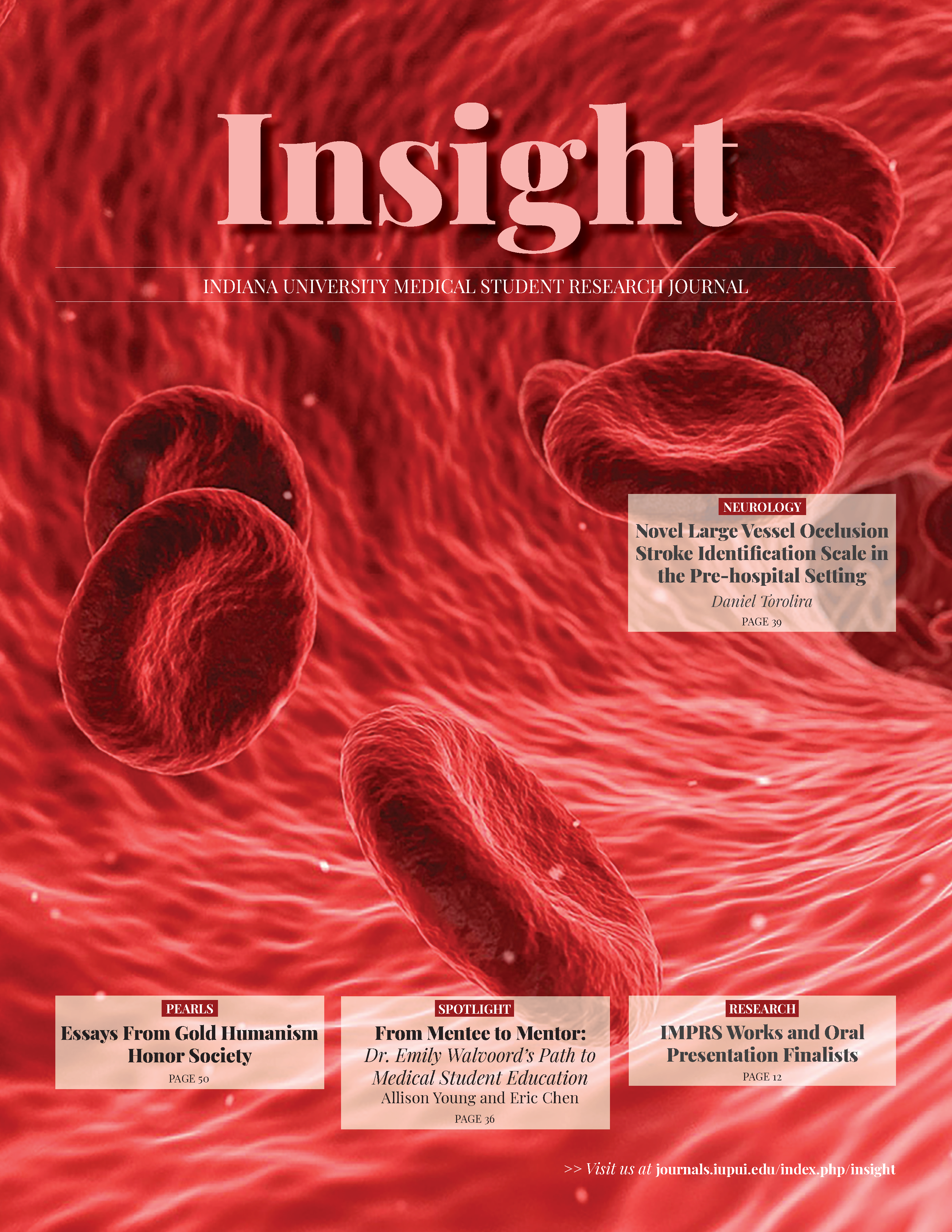Health Care System Distrust, Race, and Surrogate Decision Making Regarding Code Status
Abstract
Background: Studies have shown African American patients are more likely to prefer aggressive life-sustaining treatments such as cardiopulmonary resuscitation (CPR) at end-of-life compared to non-Hispanic White patients. Given prior racial disparities in healthcare, low trust has been proposed to explain these preferences. We examined factors that influence surrogate decision makers’ preference for Do Not Resuscitate (DNR) status for hospitalized older adults who cannot make their own medical decisions. We explored whether race is associated with surrogate preference for DNR status for a hospitalized older adult. We also examine if race is associated with distrust and if the race/code status relationship is partially explained (mediated) by distrust in the healthcare system.
Methods: Analyses were conducted using data from an observational study of patient/surrogate dyads admitted to an ICU in a Midwest metropolitan area. Distrust was assessed using the Revised Health Care System Distrust Scale. A single item asked the surrogate which status they thought was best for the patient, full code or DNR.
Results: In bivariate analysis, higher proportion of African American surrogates showed preference for full code (62.4% vs 37.6%, p=0.0001). After adjusting for trust and sociodemographic and psychological covariates, race was still significantly associated with DNR preference (aOR = 1.92; 95% CI: 1.04, 3.55; p=0.0382). Surrogate race did not show significant association with distrust in bivariate or multivariable analysis, which adjusted for sociodemographic and psychological covariates (p=0.3867).
Conclusion: Contrary to previous studies, we observed no association between surrogate race and distrust of the health care system. Differences in code status preference may be due to other factors related to race and culture. In order to ensure patients are receiving end-of-life care that is consistent with their values, more work is needed to understand the cultural complexities behind end-of-life care preference.
Downloads
Published
Issue
Section
License
Copyright to works published in Insight is retained by the author(s).

